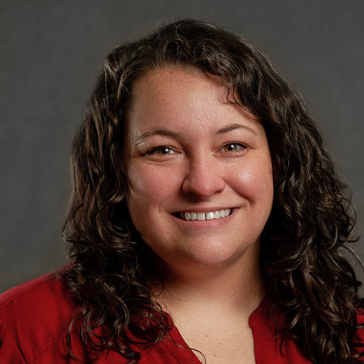Last summer, two members of the MaineSpark Coalition traveled to Manchester, NH, to learn about something called “community mini-grants.” They’d heard that the New Hampshire Alliance for College and Career Readiness—recognizing the need for community engagement in a state that prizes local control above all else—had just awarded five small grants to organizations directly serving students. MaineSpark’s leaders were trying to generate more grassroots engagement across the state, and they sought to learn from the work of their counterpart in New Hampshire. During their visit, the Mainers learned about the process and rationale for the grants and observed the exciting work the grantees were doing—including Saint Anslem Access Academy, which offers an after-school credit-bearing education program for refugee, immigrant and other underrepresented students from the Manchester area. In February, MaineSpark put out their own RFP for similar community mini-grants adapted to their own state context. Grants will be awarded this spring.
Over the past two years, through the support of the Nellie Mae Education Foundation, Education First has been proud to support five New England state-based alliances focused on promoting college and career readiness. These alliances—the Connecticut College and Career Readiness Alliance, MaineSpark, the New Hampshire Alliance for College and Career Readiness, the Rhode Island Alliance for College and Career Readiness, and Advance Vermont—are bringing together leaders from across the education, business, nonprofit, philanthropy and government sectors, as well as students and the organizations that directly serve them, civil rights organizations, and groups that represent communities of color. Their aim is to both build public understanding and demand for college and career readiness, and influence relevant policy at the state level. Each alliance is doing powerful work in their own state, and they’ve attributed part of that success to the value of the network they’re a part of: the New England Alliances for College and Career Readiness (NEACCR).
Much as each of these alliances creates the space to do collaborative work within their state, NEACCR provides space for the alliances to collaborate across the region. Education First has focused on providing direct support to each alliance while also serving as an intermediary across all of them. And that work to bring the alliances together is what their leaders have consistently told us they most appreciate. When we asked each of them which of the technical assistance and supports we’ve provided over the past two years they’ve found most helpful, three themes emerged:
Of course, not every support we’ve offered has fit this mold. For example, when the Connecticut College and Career Readiness Alliance set out to define “readiness” metrics, they drew on work the alliances did with the Center for Assessment on understanding CCR data and measurement. But again and again, we’re finding that the best supports we can provide to these alliances are structured, timely and strategic opportunities to learn from each other.
Though they’re still relatively new, the New England alliances are off to a strong start as they each grow in size, visibility and influence—from MaineSpark’s robust legislative advocacy efforts, to the Rhode Island Alliance’s statewide summit, to the Connecticut Alliance’s development and ratification of a theory of change focused on equity. We’re excited to continue to support their work and facilitate meaningful connections across the network—and we’re confident the alliances are on track to make significant headway on this issue that is so crucial to the future of New England.




